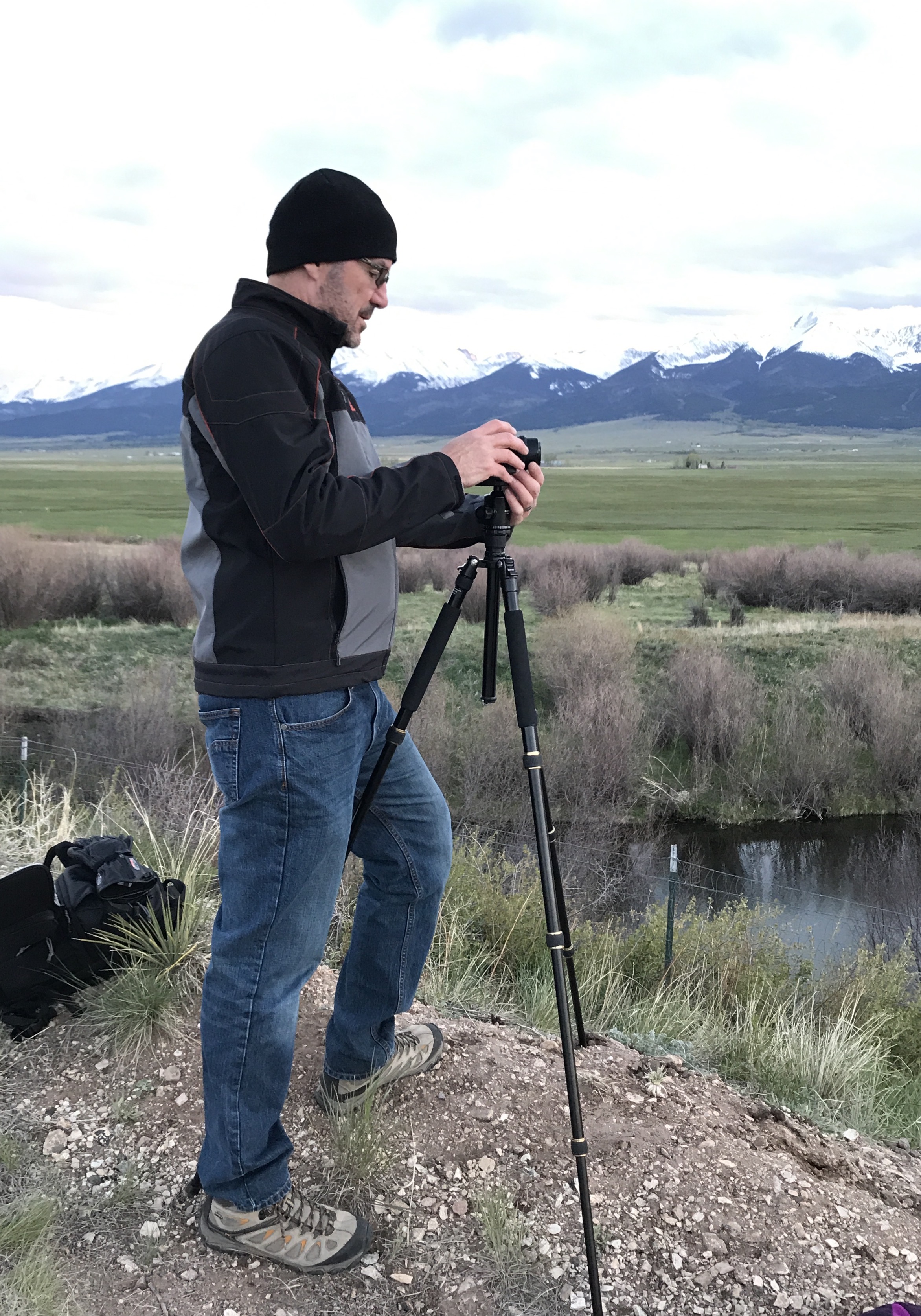When Belief Replaces Truth
- Chris Monnette

- Jul 21, 2025
- 4 min read
How tribalism, not truth, became our moral compass.

Here’s an astonishing fact: in the last two-thousand years, approximately 60 billion people have been born into this world. More than 55 billion of them—over 90%—have since died.
Roughly 95% of those deaths can be attributed to just five causes:
30–35 billion from infectious diseases like smallpox, plague, tuberculosis, malaria, pneumonia, flu, cholera, and measles.
10–15 billion from childbirth complications and infant mortality; for most of history, 30–50% of children died before age five.
5–10 billion from famine and malnutrition.
1–2 billion killed by violence: war, homicide, genocide, religious conflict, political purges, and mass killings.
More than a billion from cancer, which was rare for most of history but now a leading cause of death.
As tragic as these numbers are, some aren’t surprising. Infectious disease, infant mortality, and famine have shaped the human story for millennia. The science of medicine is still young; the ability to distribute food globally is newer still. Even the 1–2 billion deaths from violence—heartbreaking though they are—make grim sense when you consider the tribal and territorial nature of our species.
But buried in that violence figure is a number I still struggle to comprehend: as many as 100 million people may have died in the last two millennia in the name of religion.
While it’s impossible to land on an exact figure, scholars estimate that between 40 and 100 million people have been killed over the past 2,000 years because of their religious beliefs—or their lack of belief.
17–35 million were killed by Christians through Crusades, Inquisitions, colonial conversions, wars of religion, and witch trials.
11–25 million were killed in the name of Islam: through conquests, Sunni–Shia conflict, and modern extremist terrorism.
10–25 million were killed under atheist regimes like Stalin’s USSR, Mao’s China, and the Khmer Rouge in Cambodia, often for simply holding spiritual beliefs.
Millions of Jews, including 6 million during the Holocaust, were murdered simply for existing as a religious minority.
And those are just the deaths. The number who suffered religious persecution without dying is likely many times higher—possibly in the billions. People have been jailed, tortured, expelled from their homes, stripped of rights, denied education, forced to convert, or treated as less than human because they believed differently—or dared to believe nothing at all.
All because someone believed something they read, were told, or felt.Not something that could be proven; not something that was empirically true.Just… belief.
As alarming as that is to me, I look around our country today and see the same dynamic playing out in our politics. In fact, I think there’s a strong argument to be made that politics has become its own religion.
To be a Democrat or a Republican today is every bit as ingrained, if not more so—as any traditional religious identity. We seem incapable, or at least unwilling, to consider anything outside the boundaries of what our tribe tells us. And God knows (pun intended), we’d never dare consider an alternative.
We don’t gather to learn; we gather to confirm.
We no longer ask what’s real; we ask, “What does my side believe?”
And the fear of straying too far from our tribe is what keeps us in line.
Because if we do, we risk being cast out. Alone.
And that is a frightening thought.
The moment someone challenges the orthodoxy—whether religious or political—we don’t engage them.
We condemn them.
We label them.
We try to erase them.
What once came down through swords and scripture now spreads through hashtags and headlines.
But the instinct is the same: belong or be banished.
If that’s not the blueprint for religious persecution, I don’t know what is.
And yet, when people talk about politics, they talk in noble terms—about making the world a better place, taking care of the needy, doing the right thing.
But how many of us have done a simple Google search to confirm something we heard on Fox News, NBC, NPR, or any of the “biased press”?
How many have spent 60 seconds asking their favorite AI: “Which president or political party created the most jobs? Who had the biggest positive impact on the national debt?” Or whatever fact is most important to you.
Instead, we turn to our tribe. The ones we already know agree with us. We turn to political preachers, commentators who offer a curated version of the truth that always aligns with our tribe.
Wouldn’t the world be better if we all had a thirst for knowledge; a passion to seek truth, even when it challenges what we think we know?
One of my favorite quotes comes from psychologist and author Adam Grant:
“I’ve found that it never serves me to find out I was wrong later.”
If you're staking your eternal soul on your spiritual beliefs, or the quality of your remaining years on politics, wouldn’t it make sense to take a moment and consider all the facts? The cost of getting it wrong feels a little too high to just wing it on belief alone.
Ignorance isn’t bliss.
It’s just ignorance.




Great job baby!👏🏼❤️